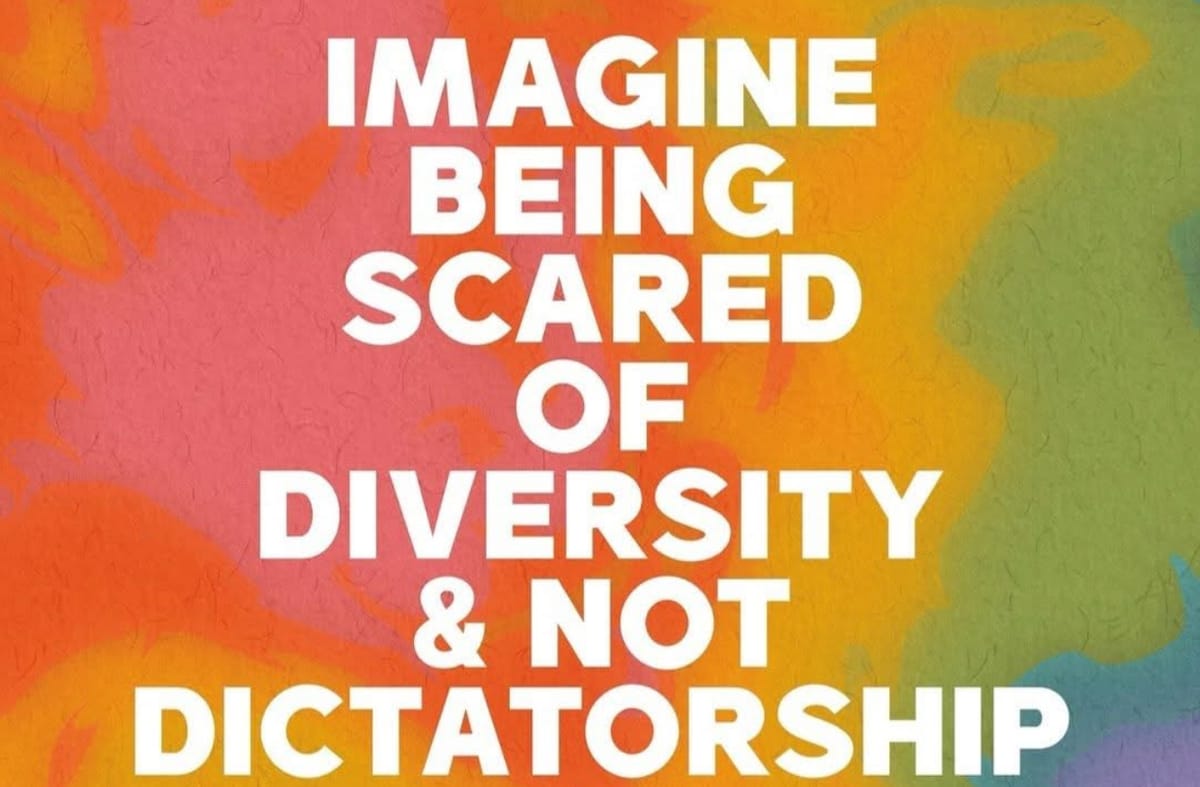Impact of DEI Rollbacks on Minorities and Women

Beginning in January 2025, Executive Order 14173 formally rescinded Executive Order 11246, effectively eliminating affirmative‑action obligations for federal agencies and contractors. This reversed more than fifty years of requirements to proactively promote workplace diversity . Within days, the Justice Department issued new guidance discouraging DEI programs in private and public sectors, positioning such efforts as potentially discriminatory toward white Americans.
Rising Unemployment, especially among Black Women
Post‑rollback labor statistics are stark. In April 2025, Black women lost 38,000 jobs, and their unemployment rate jumped from 5.1% in March to 6.1% in April—a five‑month high and the sharpest monthly increase among all demographic groups . Black men experienced a slight decrease in unemployment, down to 5.6%, while the overall national rate hovered at 4.2% . According to further analysis, quarterly unemployment for Black Americans rose to 6.3%, signaling a troubling trend.
These employment setbacks are widely interpreted as direct consequences of anti‑DEI policies and federal job cuts, with economists describing the blow to Black women as “demonstrably damaging” to them.
Impact of DEI Rollbacks on Minorities and Women
Broader Impact on Career Mobility and Mental Health
Before the rollback, DEI initiatives had provided critical institutional support like mentorship, inclusive hiring frameworks, and anti‑bias safeguards . The dismantling of DEI units and centers—especially in academic, corporate, and medical settings—has eroded these support networks, isolating minority professionals and students.
According to a counseling‑focused report, Black women now face higher job loss, reduced promotion opportunities, and increased mental health strain following removal of DEI programs. Their unemployment rate stood at 6.1% as of December 2024. They also report increased workplace isolation, emotional burnout, and intensified imposter syndrome in majority white workspaces.
Additionally, Fortune Magazine articles highlight the loss of organizational support, leading to increased bias in performance reviews and hiring, and reduced representation in leadership—particularly acute for Black women engineers and professionals.
Persistent Wage and Wealth Gaps
Even prior to recent DEI rollbacks, wage disparities remained staggering. Full‑time Black women earned roughly 60 cents for every dollar paid to white men; Hispanic women earned about 53 cents . A recent lifetime-loss analysis suggests Black women lose more than $900,000 in wages over a 40‑year career relative to white men due to compounded disparities.
DEI programs, by design, aimed to mitigate such gaps—through pay audits, equity frameworks, and proactive inclusion pathways . Their elimination threatens not only immediate job loss but also long‑term income potential and wealth accumulation for minority women.
Stories from Advocates and Community Leaders
On the ground, civil rights advocates have voiced alarm. In Jacksonville, Florida, local NAACP leaders and university professors warned that terminating DEI programs would reverse progress made in equality, stripping away educational and career opportunities previously afforded to Black residents . Reverend Al Sharpton also pressed New York officials to address a 9.4% Black unemployment rate—nearly triple that of white residents—and connected the urgency to the backlash against DEI.
Structural Backlash and Resistance
Research on organizational resistance highlights how anti‑DEI messaging and structural cutbacks often widen inequities—for instance, by promoting “what’s best on paper” without confronting systemic bias . In software engineering and other STEM fields, professionals report anxiety, frustration, and regression in inclusive practices—even as some quietly adapt or rebrand efforts to sustain diversity values.
However, opponents of DEI reforms argue that traditional programs were often symbolic, poorly implemented, or even counterproductive—though critics stress voluntary, well‑designed initiatives could yield real progress without backlash.
In summary, the elimination of DEI programs—through executive orders, dissolving federal mandates like EO 11246, and discouraging private sector equity policies—has contributed to measurable harm:
- Unemployment among Black women surged, rising to 6.1% by April 2025, with tens of thousands of jobs lost.
- Career mobility and workplace mentorship networks have deteriorated, leading to greater isolation and mental health strain.
- Longstanding wage gaps remain unaddressed, compounding over time to widen racial and gender wealth disparities.
Though protections under Title VII still prohibit discrimination, the abolition of proactive DEI structures leaves marginalized groups more vulnerable to systemic bias and economic insecurity.
It is both an economic and civil‑rights concern. Without intentional recruitment, support, and equity investment, Black women—and other historically disadvantaged groups—face both short‑term job losses and potentially irreversible long‑term setbacks in income and representation.
Julie Bolejack, MBA



